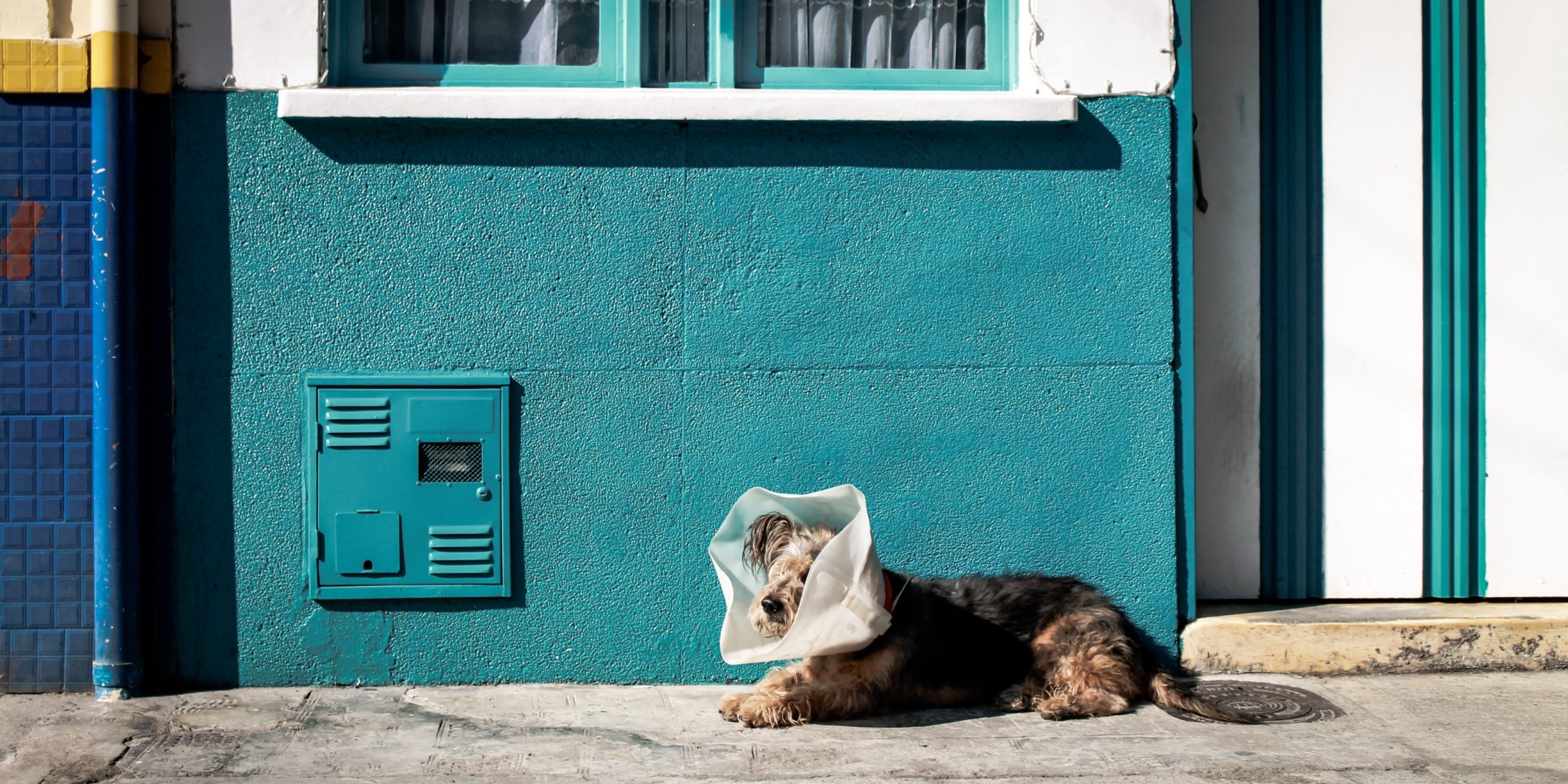A few weeks into the first Coronavirus lockdown, I found myself in a situation which challenged my previous sense of who I was. Eventually I sought out my Thinking Partner but it took a while!
Blame and Shame
The blame and shame game begins with good intentions. As lockdown started, several of my projects were put on hold. My work reduced. I tackled my To Do list, cleared out my shed, cupboards and wardrobe. At the end of this I was left with neatness, empty spaces, and a feeling of purposelessness. Whilst previously accustomed to living and working with a degree of uncertainty and ambiguity, I felt the pandemic dialled these up for me. The challenge to my self-image was really hard to deal with. I careered through feelings of vulnerability and guilt in such record time that there was no hope of intercepting myself!
I blamed (and shamed) myself for my inability to cope differently – actually let’s be honest, better – with the situation I found myself in. Brené Brown, acclaimed researcher, author and speaker, maintains that blame is an expression of discomfort and pain. It’s quicker to administer than accountability, and makes the blamer less vulnerable. I’ve long accepted that my “self” is in fact a group of “selves”; this was a prime example of one part of self managing pain by blaming, and another part being shamed.
Doubt and Isolation
Eventually, and after weeks of trying to ignore my vulnerability, I asked myself (as I might a client), “what impact is the way you are thinking and feeling about this situation having?” Following that line of questioning, I noticed further discomfort: the realisation that my thoughts and feelings did not serve me well left me feeling even less adequate. And this was compounded by a nagging doubt – did I have the skills to do what I wanted to do, to think differently, to come to different conclusions, to channel my thoughts and feelings more effectively?
My inclination was to keep my shame – and my conclusions – to myself. The resulting isolation was the second, unexpected, consequence of that early period of lockdown. In normal times, I have mechanisms to combat cognitive and emotional isolation. Certain friends are good listeners, and I have regular contact with my coach, my thinking partner. But that first lockdown took us all by surprise and isolation increased exponentially.
Nearly half a millennium ago, the poet John Donne wrote “No man is an island entire of itself; every man is a piece of the continent, a part of the main”. If we are as connected as Donne suggests, we cannot distance ourselves from our emotions, our vulnerability and our shame. Instead, we have to learn to look at the whole self, the whole system, and take the time to do so.
Changing the game
In the 1960s Eric Berne described human patterns of behaviour as games, a game being “an ongoing series of complementary ulterior transactions progressing to a well-defined, predictable outcome”. Our emotional system is there to guide us and can give us insight into the games we, albeit unintentionally, play with ourselves. By paying it more attention, we have the possibility of crafting a different outcome. And so finally, I picked up the phone to my Thinking Partner and arranged a coaching session for myself.
I’m sharing this snippet of my Coping with Covid journey because I suspect there are parallels for many of us, and to demonstrate something special that sits at the heart of executive coaching: parity. As a coach, I am subject to the same range of emotions as you, despite the fact that my experience may not be the same as yours. This allows me to bring a spirit of enquiry into our work together which makes it different and special. I am not one step ahead, but I am by your side, your thinking partner. And I can perform a role which others may find hard – creating a safe, questioning space whilst you work out your own solutions.

